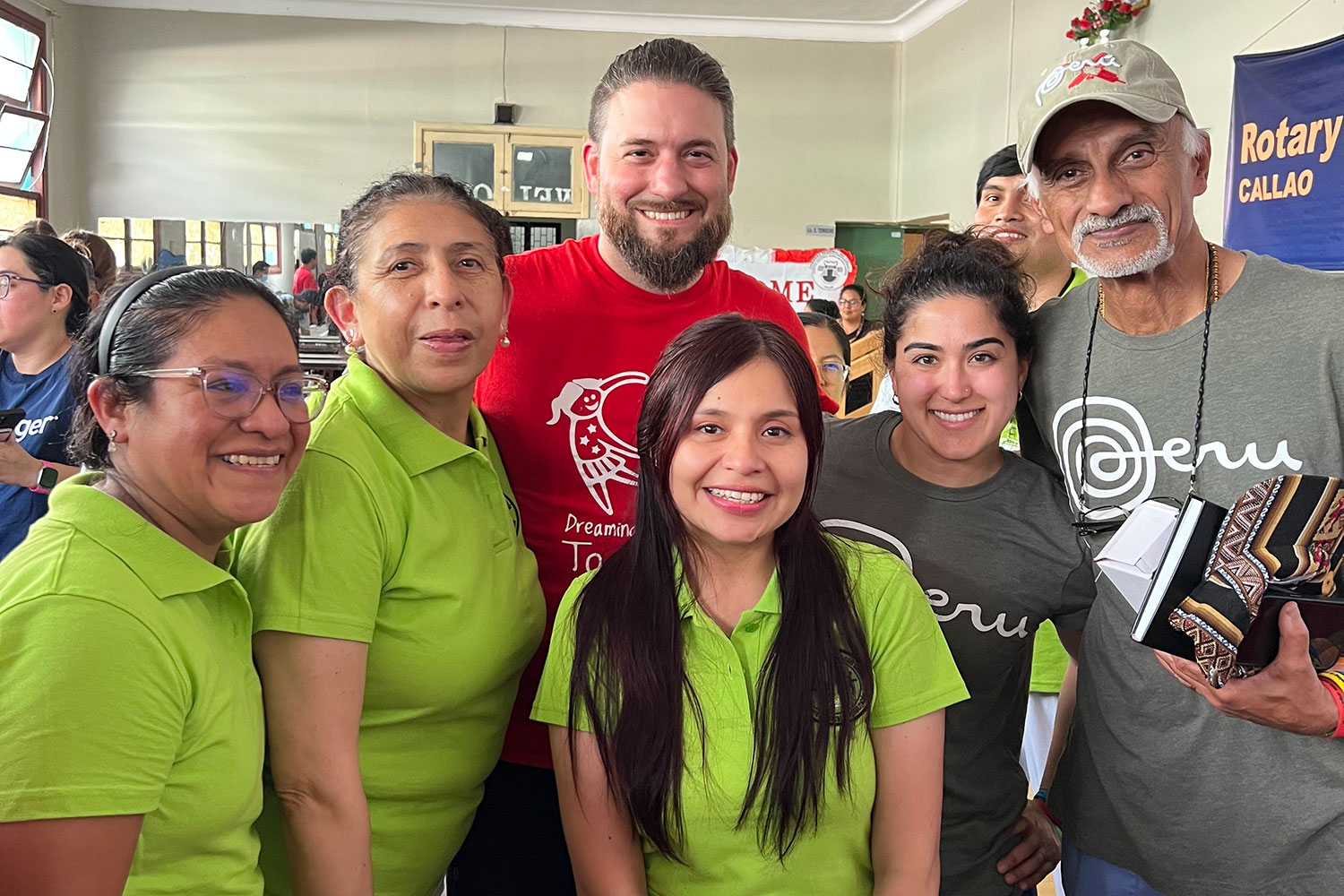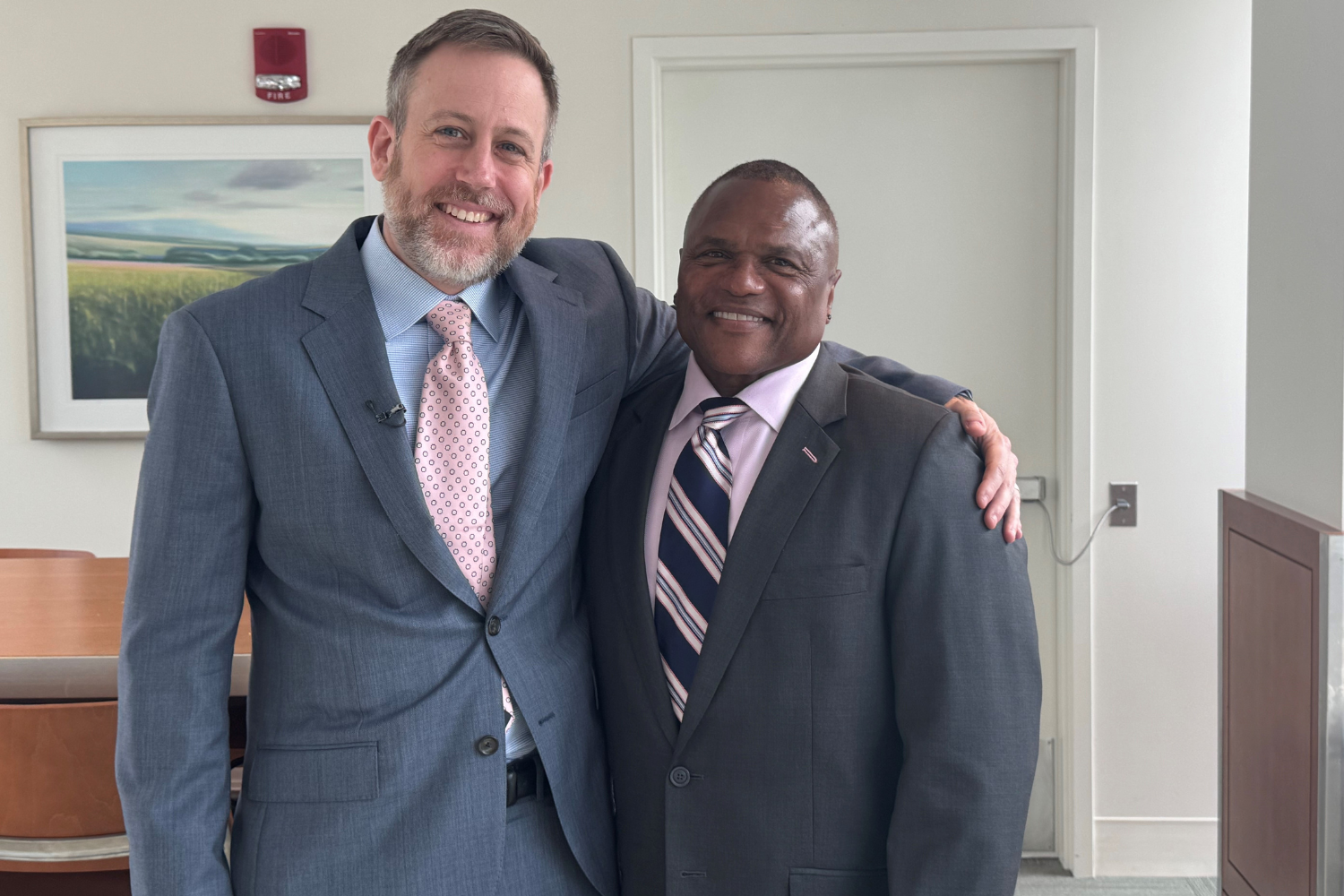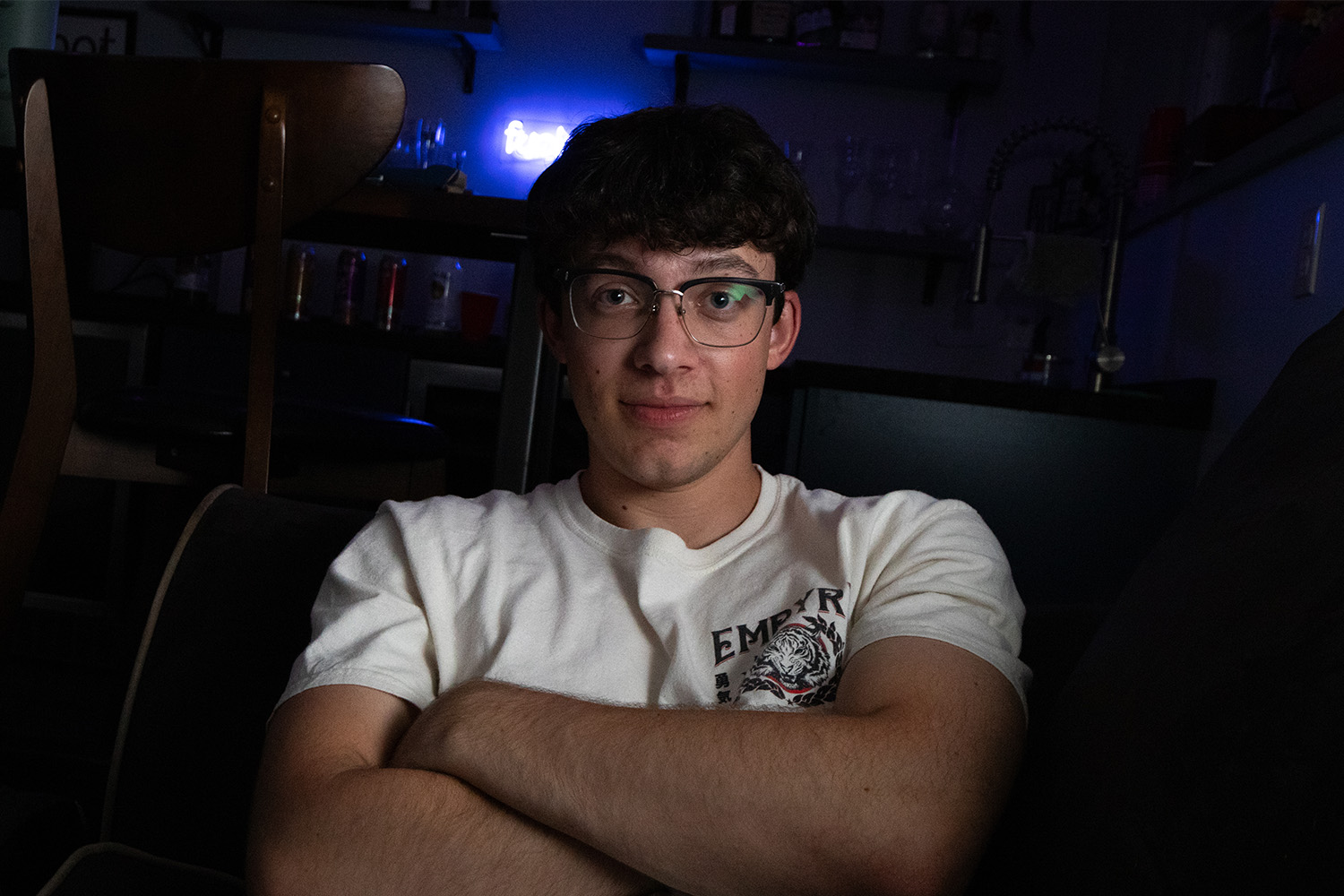
When David Gilbertson began at University Information and Technology Services as UConn’s new Chief Information Officer earlier this year, he knew he had his work cut out for him.
“Over time, a number of systemic issues developed around UITS and its relationship with the wider University that needed to be addressed,” says Gilbertson, who began as associate vice president and CIO at UConn in January after a 26-year career in the military, focused on IT.
He says he and his staff have identified a number of opportunities for positive change and a greater focus on how best to integrate IT with the academic mission and plan.
His priority, he adds, is “continuing to build trust and confidence between UITS and the University community we serve.”
Gilbertson has spent a good deal of time getting to know people around the University, in order to hear their concerns and talk about ways they can be addressed.
He notes that the staff of UITS also had some concerns: “There’s a tremendous desire to be viewed as a valuable member of the UConn community by the folks here, and there’s no reason we can’t be.”
Gilbertson came to UConn after serving as a U.S. Army colonel and deputy commander of the Army’s Institute of Surgical Research, a world-renowned research institution that works alongside many of the nation’s top universities.
He was previously executive program manager for the Pentagon’s $1.5 billion Electronic Health Record, where he managed an annual budget of $350 million and provided leadership for a staff of several hundred. He also was CIO of the Tripler Army Medical Center and CIO of the Army Medical Department Center and School, which has more than 3,000 faculty and staff and serves 15,000 undergraduate and graduate students.
At UConn, he says, the staff is UITS’ greatest asset. Gilbertson says he has enormous respect and appreciation for the people who work there and wants to make sure they have the resources they need to be successful, including funding, training, and personnel.
In the past, some demands from the University have gone unmet because UITS lacked adequate resources to meet them, resulting in an increasingly decentralized approach to IT and duplication of effort.
Gilbertson says that’s changing.
The way most at UConn interact with UITS is through the Help Desk – which assists students, faculty, and staff in working through their IT problems. Since arriving, Gilbertson has expanded the Help Desk staff and provided additional training and support. Staff members are also at work on different ways to utilize industry-standard tools for greater remote and automated support, diagnostics, and secure data-storage.
“Support is an area where UITS is helped when users meet us part of the way there, meaning having standard software and working with us when patches or updates are needed to make sure everything is up to date,” says Gilbertson. “This will help make giving customers the support they need faster and easier for everyone.”
He says it sometimes makes sense to have decentralized IT systems, but not always: “What’s required are rational models of IT funding and governance, rather than being broken up into different silos.”
Gilbertson also plans to emphasize University-wide IT needs for research fields, such as bioinformatics and computer engineering, as well as support for distance learning issues and security.
Another area of concern for him is the University’s aging data center, the beating heart of UConn’s central IT system. Modernizing and upgrading the data center is a key to making sure UITS can form stronger partnerships with the academic and research components of UConn and support the entire University, he says. This, he adds, will help make UITS “a true University resource” that can provide top-tier support.
“The work that is ahead of us here in IT is not something that’s going to happen overnight,” says Gilbertson. “It will take multi-year investments and efforts to bring it where it needs to be for the University. There’s no magic bullet. It’s going to take a lot of effort and commitment by a number of people in order to continue moving IT in the right direction at UConn.”


